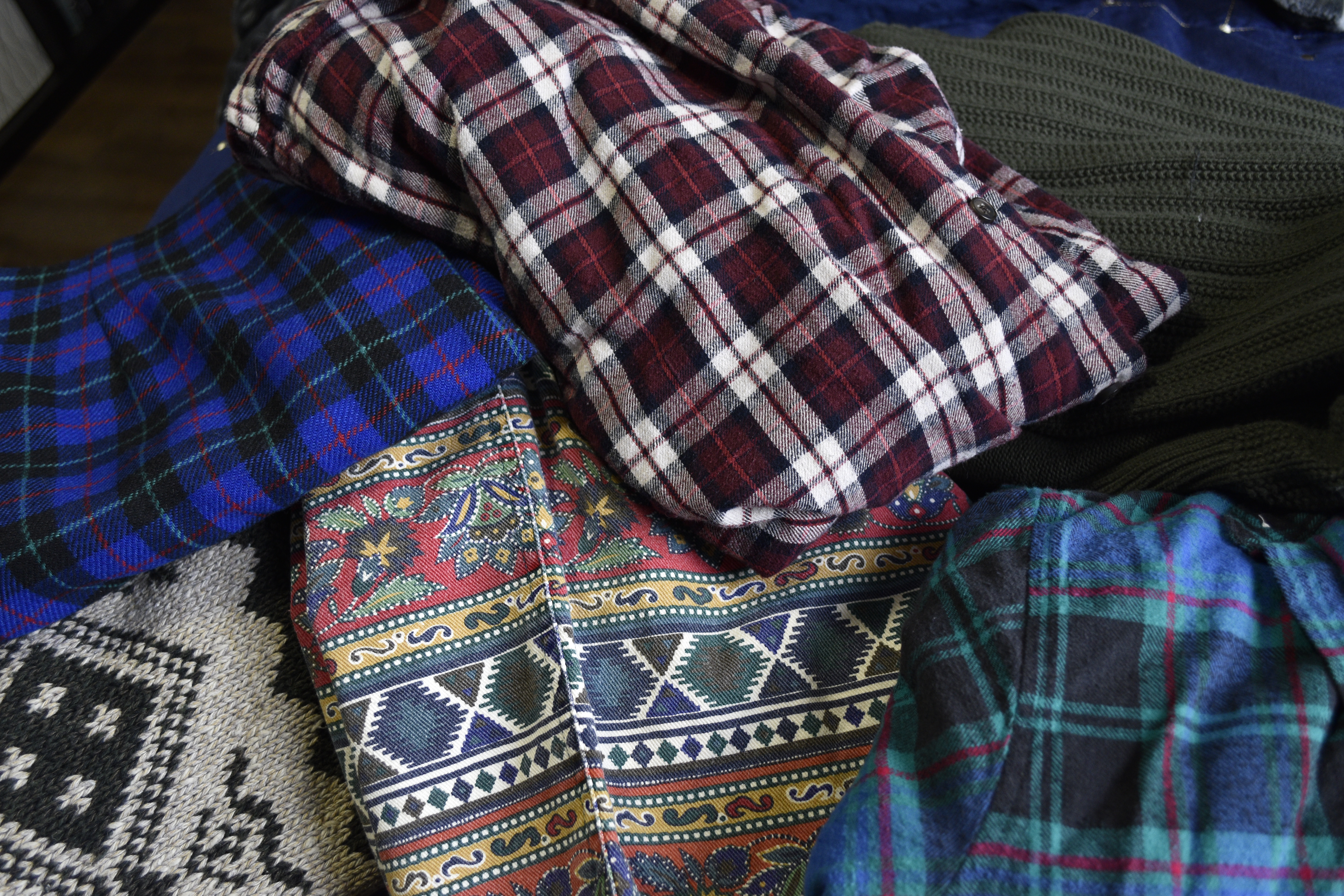The fast fashion industry creates clothing that consumers ultimately will get rid of after it goes out of style for new collections or when it has lived its lifespan for that individual.
This is harmful to the environment due to the rapid production and consumption of these products causing pollution. This industry accounts for 8% of global climate change which is more than international airlines and shipping trips combined, according to CBS News.
American’s alone throw away 10.5 million tons of clothing a year and many of these items are made from synthetic material that are hard to break down or even get rid of, according to the University of California, Berkeley.
The issue of how fast fashion is harmful to workers and the environment has become more prominent. Students on campus are turning to more sustainable ways of clothes shopping.
“I really love [thrifting] because I think a lot of people are so caught up in the need to be wearing name brand stuff but … ignore where the clothes come from and how they are produced,” Sonny Dodds, a sophomore psychology major, said. “It helps your wallet but also … it allows a different form of expression because everyone nowadays wears the same thing.”
By thrifting, students not only save money but also are not consuming fast fashion products. Thrifting also allows for self–expression, as individuals are able to create their own style instead of having to follow what the fast fashion industry thinks is in style.
“You are able to make [your style] your own. If we were to stop producing new fashion and live off thrifting there would be less factories, less child [labor] [and] less overwhelming labor,” Dodds said. “Our environment would be better because there wouldn’t be factories with all that gas emitting.”
Along with this, Chloe Wright, a junior theatre tech and design major, is helping individuals find their own sustainable style by creating and running a social media thrift store. Her particular shop consists of thrifted clothes found by her that are later resold to interested buyers that claim the product through her Instagram.
“The fashion industry is the 2nd highest contributor to pollution … if we combated fast fashion more with sustainability efforts and thrifting … we can bring that number down tremendously,” Wright said. “It’s very hard to eliminate fast fashion 100% from your wardrobe but you don’t have to give it 100% [if you take] … small steps.”
“I love that I get to do what I love in order to help people develop their own closets and fashion sense as well as helping myself financially and supporting myself as a college student,” Wright said.
Wright and other Winthrop students on campus have similar accounts and collaborate to do pop-up shops.
“The pop-up shop[s] really creates an environment where you can stand and chat while [customers] are looking at cute clothes and [we] really get to know these people,” she said.
For more information about Wright’s thrifting account, sustainable style and pop-up shop dates follow her Instagram business @shop_pinklemonade.
Photo: Sam Ross/ The Johnsonian




